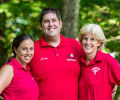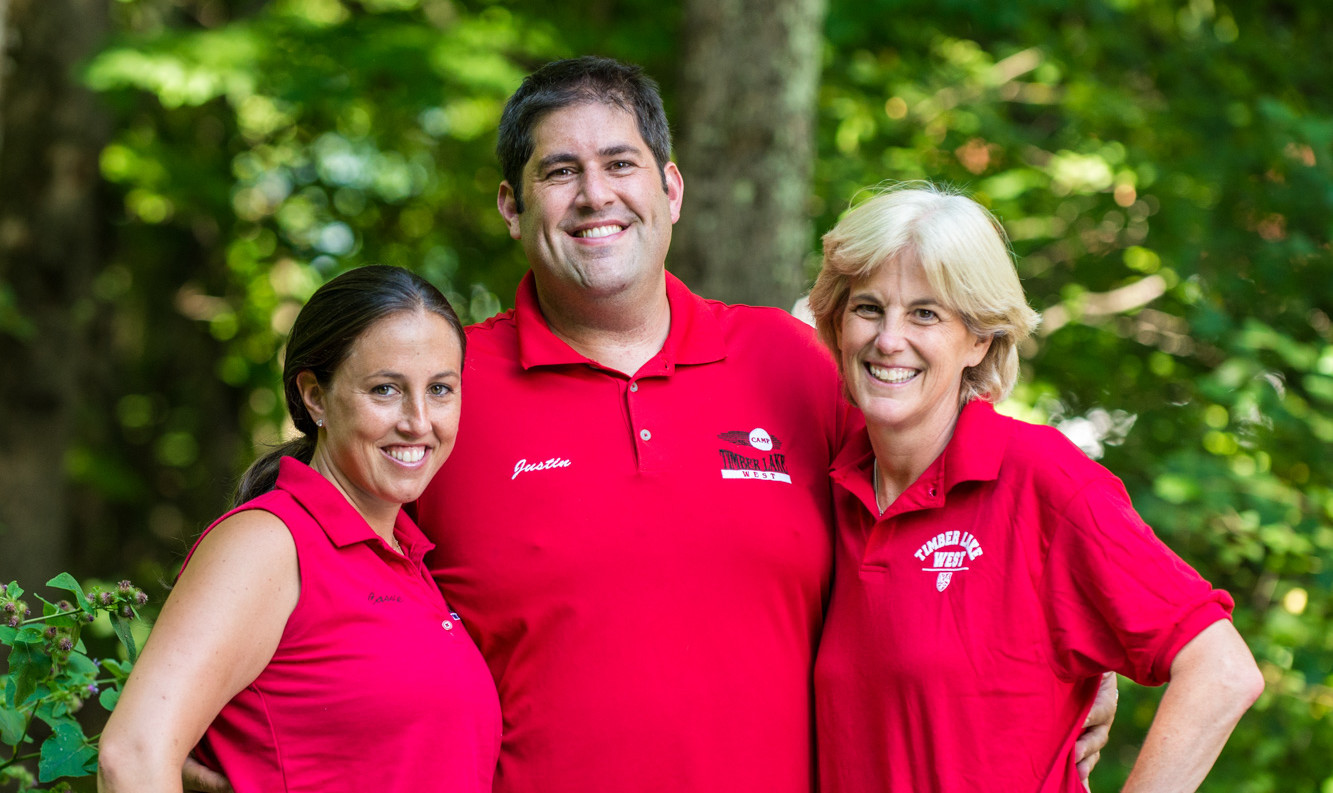The Bully and Hero In Every Child – Parents Magazine Interview with Michael Thompson, Ph.D.
We like to think of kids as sweet and innocent, but in fact all children can be cruel. One of our favorite authors and speakers, top child psychologist Michael Thompson suggests ways to help kids deal with enemies — and make friends.
Teasing, name-calling, and ridicule are a painful but persistent part of childhood. As parents, many have felt the sting of watching one child suffer at the hands of another, and have cringed at hearing our sons or daughters gossip viciously with friends about someone else. Many of us even carry unpleasant memories from our own childhood of times when we were excluded from a group or made fun of by a classmate. Today, however, bullying can have fatal consequences, as the tragedies at Columbine, Santana, and other schools have shown. A new book, Best Friends/ Worst Enemies: Understanding the Social Lives of Children (Ballantine Books, 2001), examines the tendency of kids to mistreat one another and explores the ways that healthy friendships can protect children against hurtful relationships. Below, is Parents interview with Michael Thompson, Ph.D., the book’s lead author and a member of Parents magazine’s board of advisors.
Parents: Children can be so mean to one another. Why?
Thompson: All human beings have aggressive impulses, even children. And kids show their aggression through teasing and intimidation — it can begin when they’re as young as 2 1/2. At that age, their motivation is self-protection. They are defending their bodies, their toys, their turf. As kids get a little older, around ages 4 and 5, name-calling becomes an experiment in social power, a way of testing one’s verbal muscles. When a child calls another child a name, it’s a demonstration of strength. He wants to show that he can hurt the other child with words, even if he doesn’t actually want to fight.
Parents: In your book, you talk about how group dynamics play a major role in bullying among school-age children.
Thompson: Everybody has a mental image of a bully: the big swaggering loudmouth with a gang of followers. And research has confirmed that this type of bully does exist — but is very rare. Far more common is the kind of bullying that takes place within the context of a group. Kids in a group frequently reject or “scapegoat” one or several children, selecting them to be the target of all their nastiness.
Inclusion and exclusion are powerful instruments of group cohesion. To maintain their identity and to create the boundary between “us” and “them,” kids often exclude or mistreat one another. Exclusion from the group is the most hurtful social problem kids can encounter — and it’s widespread. It occurs in every classroom in every school in the nation. That’s a far more widespread kind of bullying that all kids participate in, not just one “bad guy.”
Parents: But don’t most children develop empathy that keeps them from wanting to hurt others?
Thompson: Yes, most kids do have a sense of empathy. When asked, they will admit that teasing someone, or excluding him, is wrong. They know it’s mean, and they know that it hurts.
But the group allows kids to do things they would never do individually. Groups tend to make riskier decisions than any of the individuals in them would make if acting alone. When children are with their peers, they can be swept up in the idea of the moment. To not join in, when everyone else is doing so, doesn’t feel like a heroic act. It feels like giving up your chance to be an accepted member of that group.
Parents: Do you think today’s kids are any nastier to one another than children of past generations were?
Thompson: That’s hard to say. But I do think there’s been a general change in the level of civility in our society. Certainly teasing is far more acceptable today than it ever was. Watch sitcoms on television, and listen to the put-downs between adults, between family members, and especially among early-adolescent children. Our kids learn that the way to be funny is to be insulting; they learn that the way to dominate others is by verbally attacking them. No wonder kids insult one another.
Parents: So what role can parents play in all this? How can we discourage our children from being mean and hurtful to others?
Thompson: For one thing, we can be role models. We shouldn’t let kids hear us bad-mouthing other individuals or talking about groups of people in a derogatory way. It’s unreasonable to try to hold them to a higher standard than we hold ourselves.
Second, when you observe children being mean, don’t ignore their behavior. Instead, confront it head-on. If you hear your daughter saying hurtful things about one of her classmates, for example, condemn her comments for what they are. Don’t just say, “That’s not very nice” or “That’s inappropriate.” Say, “That’s cruel and mean. You wouldn’t want someone talking about you that way. Would you?”
If you’re driving in a car pool and kids in the backseat are gossiping about someone, pull over the car and say, “I’m sorry, but I can’t continue to drive while listening to this. How do you think this kind of talk would make that person feel?” You should never ignore kids when they mistreat others. If you do, you’re silently condoning their conduct.
Parents: And what can parents do to prevent their own children from being treated badly by their peers?
Thompson: Well, you can’t protect them completely. But fortunately, kids are resilient and can weather the upsets they’ll encounter as they grow up. They’ll get over the inevitable betrayals and rejections without serious scars. So my first piece of advice is that parents shouldn’t worry so much. Studies show that most children — as many as 85 percent of them — have what they need socially. It’s not important that a child be popular; all he really needs is one or two good friends. Friendship gives a child what he needs socially and can help pull him through the tough times.
Parents: What about those kids who really have a hard time forming and maintaining friendships?
Thompson: In about 10 percent of cases, you have to be proactive. Isolated and rejected children are at risk. If you suspect a child is having problems in his relationships, you need to find out if the problems are chronic. Talk to your child’s teacher or coach or someone who can tell you objectively how your child gets along with his peers. Find out if your child is, in some way, unwittingly contributing to her own rejection. This may sound like blaming the victim, but it may help you find a solution to the problem, and that’s what’s important.
If your child lacks social skills or doesn’t pick up on social cues the way other children do, work with him to develop those skills. Perhaps his school has “friendship groups,” which try to help kids overcome their isolation and gain insight into their social difficulties. Or you could consider individual or family therapy to help your child deal with the situation. It’s important not to ignore kids with serious social problems. But remember, most kids have healthy social lives, even if they have occasional day-to-day frustrations.
Parents: Any final words of wisdom?
Thompson: The best thing parents can do to help their children socially is to support their friendships. Welcome their friends to your home, and allow your children to spend time with their peers. Get to know their classmates. Socialize with other families. Let your child know that you want him to pursue friendships, and if he needs help arranging play-dates or outings, lend a hand.
Children may engage in a conflict from time to time, but they are also capable of resolving disputes and disagreements. And they learn to do that with the help of their friends. There is no replacement for good, strong, healthy friendships among children.










